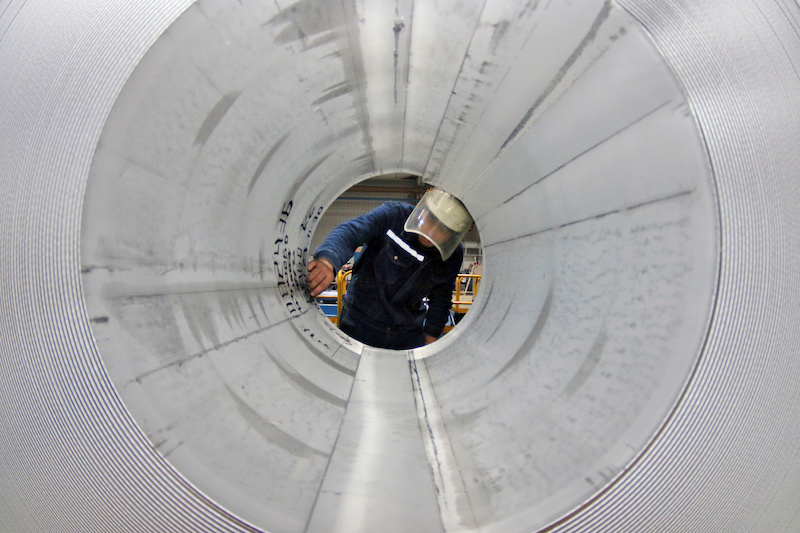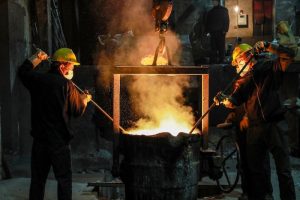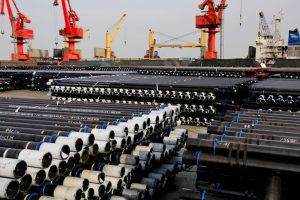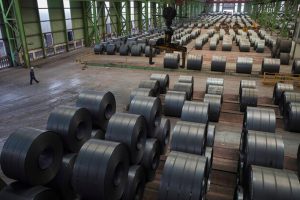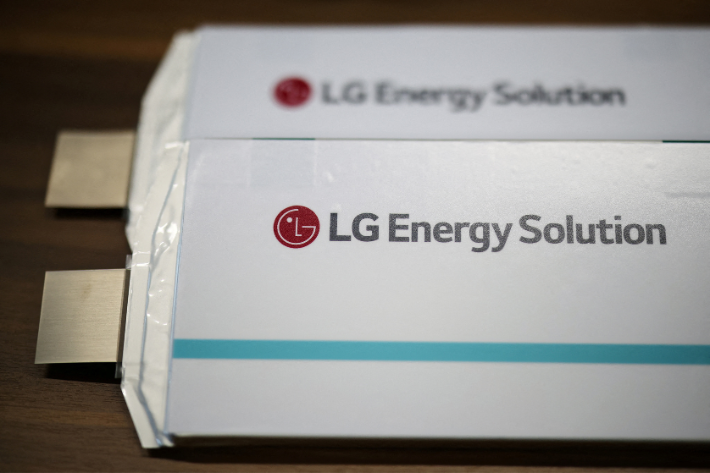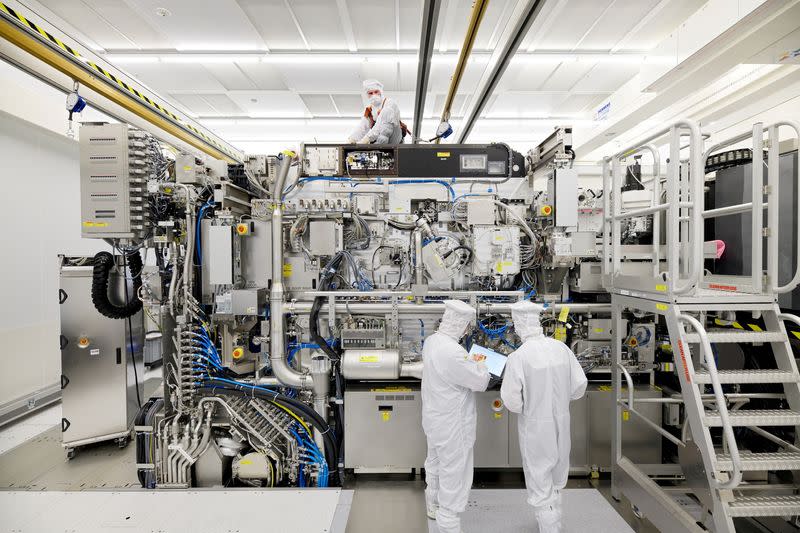The Covid-19 lockdown this week of a relatively unknown Chinese city sent global prices of aluminium rocketing to a 14-year high and sparked fears around the world about the key metal.
Located near the border with Vietnam, Baise is nicknamed the “aluminium capital of southern China”. It is home to about 3.5 million people and is a hub for aluminium mining and production.
While China is the world’s biggest producer of aluminium, a crucial component for vehicles, construction and consumer goods, Baise produces about 2.2 million tonnes a year – more than 80% of output in the Guangxi region.
And Guangxi is China’s main alumina-exporting region, shipping out around 500,000 tonnes of the aluminium component per month.
At just under 190 cases, the Baise coronavirus outbreak is tiny compared with caseloads in other parts of the world.
China, however, has a zero Covid strategy, using strict, targeted lockdowns, travel restrictions and mass testing to eliminate infections.
Baise was locked down Monday, leaving most of its residents under home confinement and others unable to leave rural counties and townships under the city’s jurisdiction.
Transport Affected
The city’s local industry association said on Tuesday that while aluminium production was largely at normal levels, the transport of ingots and raw materials was seriously affected by travel restrictions during the lockdown.
“The sudden outbreak in our city has exacerbated market expectations of hindered logistics flows, as well as expectations of phased supply tightening caused by an output drop,” the association said.
A major industrial park in Baise containing several factories has been sealed, affecting the movement of workers, raw materials and aluminium ingots, it added.
On Wednesday, some aluminium smelters in southwest China resumed production, monitor Shanghai Metals Market (SMM) reported.
But Huayin Aluminium, a major smelter in Baise, slashed production capacity by about 1.2 million tonnes owing to transport blockages, according to Chinese commodity research firm Antaike.
China’s domestic aluminium shortage had already been exacerbated by the lunar new year holidays, during which most factories nationwide ground to a halt or reduced output.
The break was followed by the Baise lockdown, meaning inventories could not be replenished normally.
The Russia-Ukraine crisis is also affecting prices. “Russia is a key producer of aluminium,” City Index analyst Fiona Cincotta said. “Threats of sanctions from the West are also driving up prices.”
- AFP, with additional editing by George Russell
READ MORE:
Indonesia Miner Adaro to Build Aluminium Smelter – Jakarta Post
European Groups Hit By Magnesium Output Curbs In China
Indonesia’s Curbs on Commodities Rattle Markets, More Moves Likely




